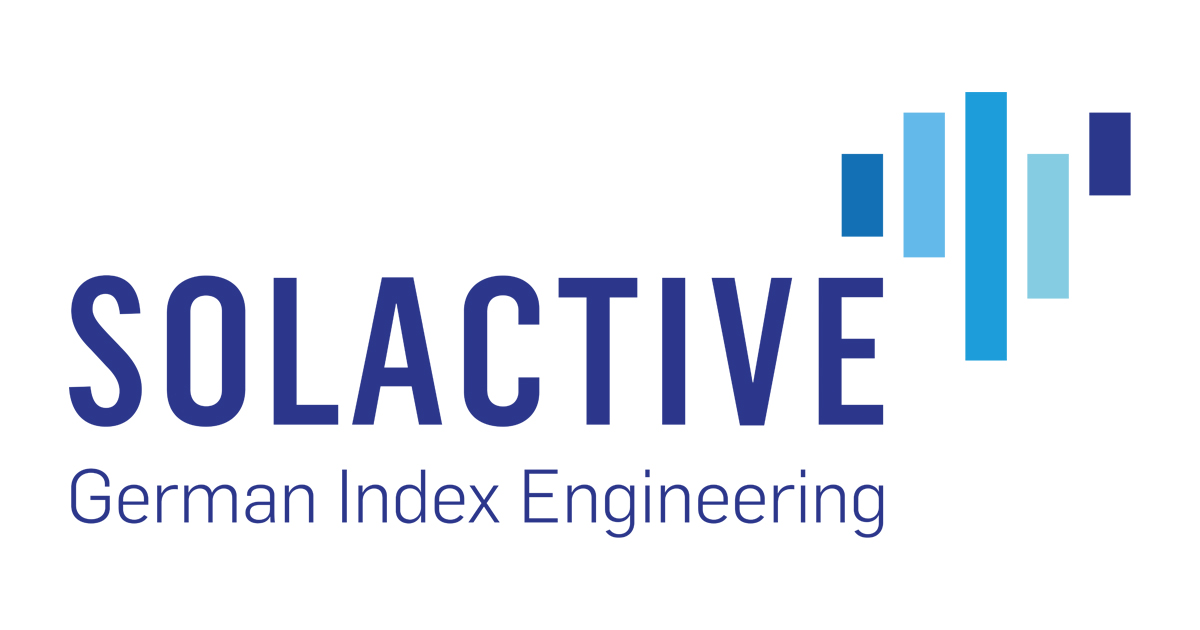Lifting Nigeria's Import Ban Can Raise Revenue By 66% - World Bank
The World Bank has revealed that Nigeria could increase its customs revenue by 66 per cent if the Federal Government lifts existing import bans and eliminates arbitrary tariff deviations.
This recommendation was highlighted in the World Bank’s Nigeria Development Update (May 2025 edition), which noted that current trade policies distort prices, encourage smuggling, and weaken customs enforcement, resulting in significant revenue losses for the country.
The report emphasised that Nigeria’s average tariff rate is twice the sub-Saharan African average and that import bans on products such as cement, certain food items, footwear, and over-the-counter drugs have led to increased tax evasion and higher consumer prices by about 5.8 per cent.
Nigeria’s current import ban list includes 25 product categories, notably:
Live or dead birds including frozen poultry; pork and beef; bird eggs (excluding hatching eggs); refined vegetable oils and fats (excluding linseed, castor, and olive oils; crude vegetable oils are allowed); cane or beet sugar and chemically pure sucrose in retail packs; cocoa butter, powder, and cakes; spaghetti and beer; certain medicines such as paracetamol, cotrimoxazole, metronidazole, and chloroquine tablets and syrups; and telephone recharge cards and vouchers.
Other items include carpets and other textile floor coverings; all types of footwear, bags, and suitcases (with some exceptions); hollow glass bottles used for beverage packaging; used compressors, air conditioners, and refrigerators/freezers; used motor vehicles older than 15 years; furniture (with some exclusions); as well as ballpoint pens and parts excluding tips.
These bans were instituted to control imports and encourage local production but have drawn criticism for limiting market access and reducing export opportunities, especially affecting U.S. exporters.
“Lifting them could increase current customs revenues by 66 per cent, contributing to the ongoing fiscal adjustment,” the report said.
“The government should consider seizing the opportunity created by the market-reflective, competitive exchange rate to reorient trade policy for growth and jobs.
“Nigeria maintains higher-than-average tariffs on many products, bans the imports of others, and imposes many non-tariff barriers. The average tariff rate in the country is twice as high as the sub-Saharan average.”
The Bretton Woods institution said that with the naira now more competitive, domestic producers are better positioned to compete with imports and take advantage of export markets.
“To produce more and export more competitively, Nigerian firms also need to import, including intermediate goods and services,” the report added.
Removing these trade barriers could not only boost customs revenue but also reduce poverty rates by an estimated 2.6 percentage points and provide relief amid high inflation and living costs.
The report also linked the tariff policy to lost government revenue, noting that high tariffs and import bans contribute to evasion and reduce customs collections.
The World Bank further noted that with a more competitive exchange rate, Nigerian producers are better positioned to compete with imports and expand exports, but they need access to imported intermediate goods and services to do so effectively.
This insight comes as Nigeria balances trade policy reforms with efforts to stabilise the economy and food security, including temporary tariff suspensions on key food imports, which have led to short-term revenue losses but aim to ease inflationary pressures.
The World Bank noted that the deviations push consumer prices up, encourage smuggling, and weaken customs enforcement.
The bank advised the Federal Government to align tariffs with the ECOWAS CET and start with food items, given their direct impact on household welfare.
CET is a system where all member countries of ECOWAS apply the same customs duties, import quotas, and preferences to goods entering the region from third countries.
The World Bank warned that current trade restrictions are disproportionately hurting poorer Nigerians.
“Reducing tariffs and import bans would confer direct benefits to consumers, giving them access to more products at lower prices, lowering inflationary pressure, boosting their purchasing power, and offering relief in the context of high cost-of-living pressures,” the report said.
“Import bans increase prices by an estimated 5.8 per cent on average in Nigeria, particularly for products more intensely consumed by poorer households, such as food and medical products. Lifting import bans could lower poverty rates by an estimated 2.6 percentage points.”
The World Bank recommendation comes more than a month after the United States Trade Representative (USTR) faulted Nigeria’s import ban on 25 items, saying the restrictions limit market access for American exporters.
In Q1 2025, the Nigeria Customs Service (NCS) said it collected N1.75 trillion as revenue.
Comptroller-General (CG) of Customs, Adewale Adeniyi, said the amount surpassed the service’s Q1 benchmark of N1.65 trillion.
Adeniyi added that the figure also represents a 29.96 per cent increase compared to the N1.35 trillion generated in the same period of 2024.
We’ve got the edge. Get real-time reports, breaking scoops, and exclusive angles delivered straight to your phone. Don’t settle for stale news. Join on WhatsApp for 24/7 updates →
Join Our WhatsApp Channel












